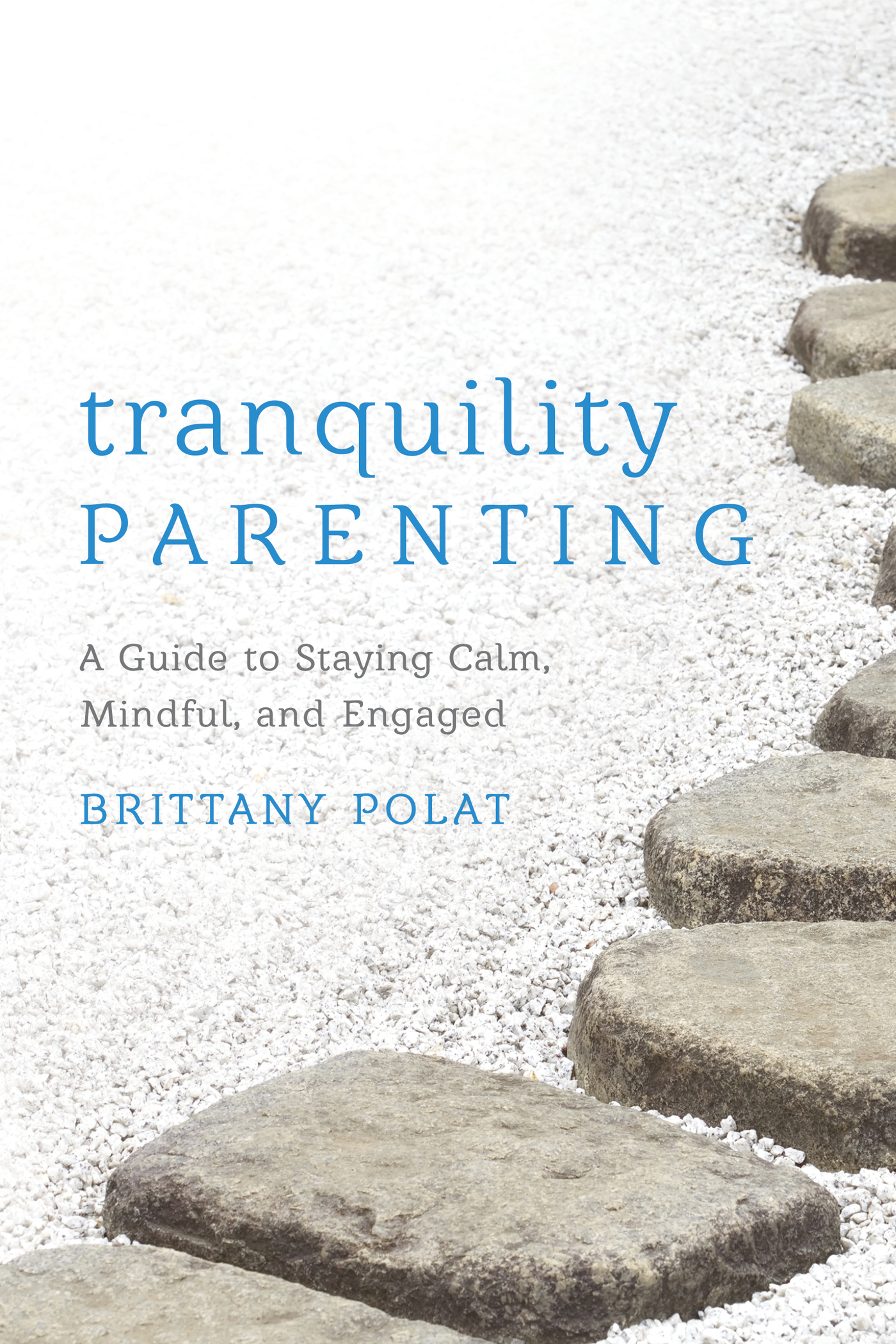Tranquility Parenting
Tranquility Parenting
A Guide to Staying Calm, Mindful, and Engaged
Brittany Polat
ROWMAN & LITTLEFIELD
Lanham Boulder New York London
Published by Rowman & Littlefield
An imprint of The Rowman & Littlefield Publishing Group, Inc.
4501 Forbes Boulevard, Suite 200, Lanham, Maryland 20706
www.rowman.com
6 Tinworth Street, London SE11 5AL, United Kingdom
Copyright 2019 by Brittany Polat
All rights reserved. No part of this book may be reproduced in any form or by any electronic or mechanical means, including information storage and retrieval systems, without written permission from the publisher, except by a reviewer who may quote passages in a review.
British Library Cataloguing in Publication Information Available
Library of Congress Cataloging-in-Publication Data
Names: Polat, Brittany, 1983- author.
Title: Tranquility parenting : a guide to staying calm, mindful, and engaged / Brittany Polat.
Description: Lanham : Rowman & Littlefield Publishers, [2019] | Includes bibliographical references and index.
Identifiers: LCCN 2018027990 (print) | LCCN 2018036822 (ebook) | ISBN 9781538112434 (electronic) | ISBN 9781538112427 (cloth : alk. paper)
Subjects: LCSH: Parenting. | Parent and child.
Classification: LCC HQ755.8 (ebook) | LCC HQ755.8 .P635 2018 (print) | DDC 306.874dc23
LC record available at https://lccn.loc.gov/2018027990
 TM The paper used in this publication meets the minimum requirements of American National Standard for Information Sciences Permanence of Paper for Printed Library Materials, ANSI/NISO Z39.48-1992.
TM The paper used in this publication meets the minimum requirements of American National Standard for Information Sciences Permanence of Paper for Printed Library Materials, ANSI/NISO Z39.48-1992.
Printed in the United States of America
To my wonderful childrenmay you always know the path to happiness.
Introduction
I was standing in the kitchen, slicing cucumbers for dinner, when I heard a crash. Then a whine, then a cry, then three little voices yelling at once: Mommy! James pulled my hair! Clementine took my car! Freddy knocked over our tower! I smiled to myself. Ah, kids! I thought as I set down my knife and went to the living room to check on them. They still have a lot to learn. As I listened to three different accounts of how the tower had gotten knocked over, I reminded myself that Im there to teach them how to get along, not to get angry at them for their imperfections. We calmly talked about what needed to happen next and what the consequences would be if they didnt follow directions. Within a few minutes we had smoothed things over, and they settled down cheerfully with their toys.
As I headed back to the kitchen, I thought back to the year before, when I had never heard of Stoicism. Before I became a Stoic, I would have responded to their pre-dinner disruption with annoyance, frustration, and self-pity. If I heard a crash, I came running from the kitchen, sure that something terrible had happened and we would be heading to the emergency room. If I heard a whine, I snapped at them impatiently and then felt guilty for losing my temper. If they snatched or argued or didnt share, I envisioned future criminal delinquencies and felt that their flaws were all my fault. After all, I reasoned, as their parent, Im responsible for them. Shouldnt I be able to control their actions? What am I doing wrong?
But on that evening, as I went back to chopping vegetables, I didnt feel the least bit guilty or upset. I didnt blame myself or my kids for their little altercation. I didnt start thinking about all their flaws or my own failings as a parent. Instead I felt... calm. Accepting. At peace. Confident that I could deal with any challenges that arose. I was fully aware that my children and I are not perfect and never will be. But I was also aware that I have a choice about what to think and how to act when things get difficult. This is what Stoicism is all about: learning to think clearly and make good judgments about the most important things in life.
After I discovered Stoicism, and after I had practiced making Stoic judgments in my parenting, I found that I began to enjoy life more. Not only was I more patient and mentally relaxed, but I felt more alert and engaged than I had in a long time. I had the same life, the same kids, and the same circumstances, but a completely different way of looking at things. And on top of everything else, I was actually happy! It was almost unbelievable.
Well, I thought to myself as I finished the cucumber and started on the tomatoes, maybe I should write a book about Stoic parenting. Stoicism has helped me so much, and Im pretty sure Im not the only one who thinks raising kids is stressful. Suddenly I smelled something burning. The rice! The smoke alarm started chirping loudly and I turned on the noisy kitchen vent, trying to fan away the smoke and salvage what I could of the rice still crackling in the pan. The kids all ran into the kitchen, jumping and shouting excitedly. As I stood on a chair in the middle of the kitchen, trying to silence the alarm and the kids, I started laughing. What a disaster! At least now I know how to handle things, I told myself as I shooed the kids out of the kitchen and scraped the blackened bits out of the pan. I may never be a great cook, but at least I can be a Stoic. I can forgive myself for burning dinner and remind my family that they dont need perfect risotto in order to live a good life. All they need is a little wisdom, courage, and self-control, and they can make the best of everything that comes along.
At this point you might be wondering what Stoicism is, and how on earth it could be related to tranquility parenting. Before I tell you what Stoicism is, I want to tell you what it most definitely is not. Have you ever heard the word stoic used in everyday conversation? As in someone who doesnt show or even feel any emotion, or someone who is aloof and remote from other people? Please forget that definition immediately. That is how the word has come down to us over the centuries, but in reality this stony-faced and emotionless image couldnt be further from the truth. Real-life Stoics do value emotional tranquility in tough situations, and real-life Stoics do try to root out negative emotions such as anger, envy, and fear. But Stoicism is not about getting rid of all emotions, and it most certainly is not about disengaging from the world or other people.
So let me tell you a bit about what Stoicism actually is. Stoicism is a vibrant, practical, and very relevant wisdom tradition that teaches people how to be happy in any situation that life might throw at them. It was founded more than two thousand years ago as a school of philosophy in ancient Greece. Back then, studying philosophy meant something different from what it usually means today. It wasnt just about sitting around reading obscure books that no one could understand. It was much more practical and focused on how to be a good person and live a good life. Many competing schools of philosophy tried to explain how to live a good life, and Stoicism was one of the most prominent and respected of these schools. Some schools, like the Epicureans, thought that pleasure was the most important thing in life; others, like the Skeptics, suggested that you cant really be sure about anything. One group, the Cynics, even thought you should give up all your worldly possessions in order to be happy. And what did the Stoics say?
From the beginning, the Stoics have said that the only way to live a flourishing life is to focus on being a good person. The Greeks even had a special word for a flourishing, fulfilling, happy life:
Next page
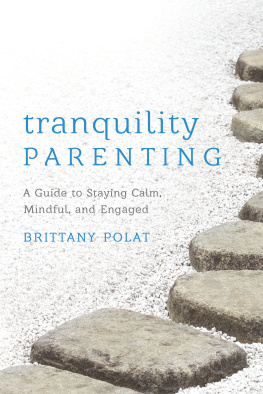
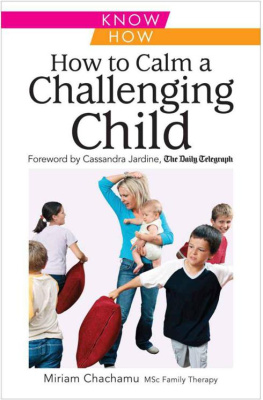
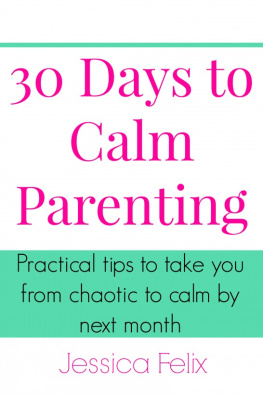
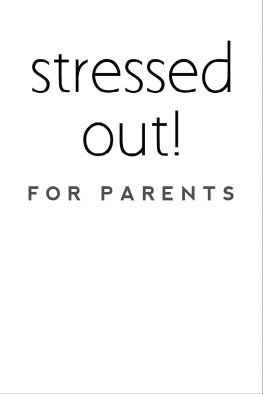
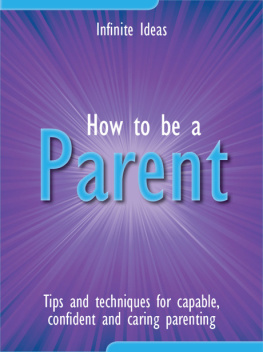
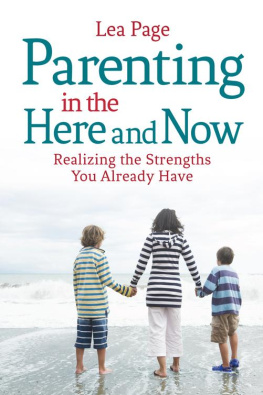
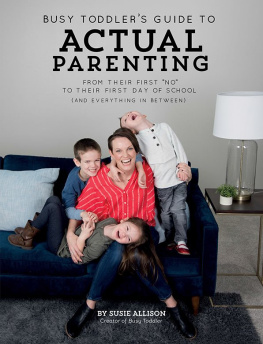


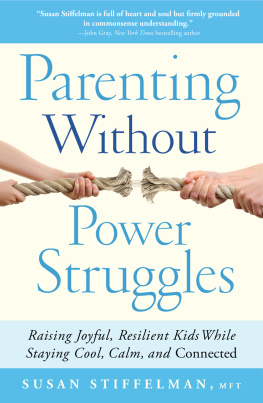
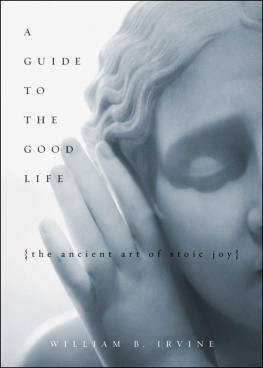
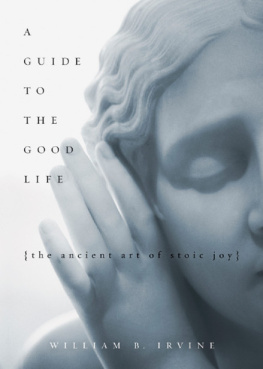
 TM The paper used in this publication meets the minimum requirements of American National Standard for Information Sciences Permanence of Paper for Printed Library Materials, ANSI/NISO Z39.48-1992.
TM The paper used in this publication meets the minimum requirements of American National Standard for Information Sciences Permanence of Paper for Printed Library Materials, ANSI/NISO Z39.48-1992.